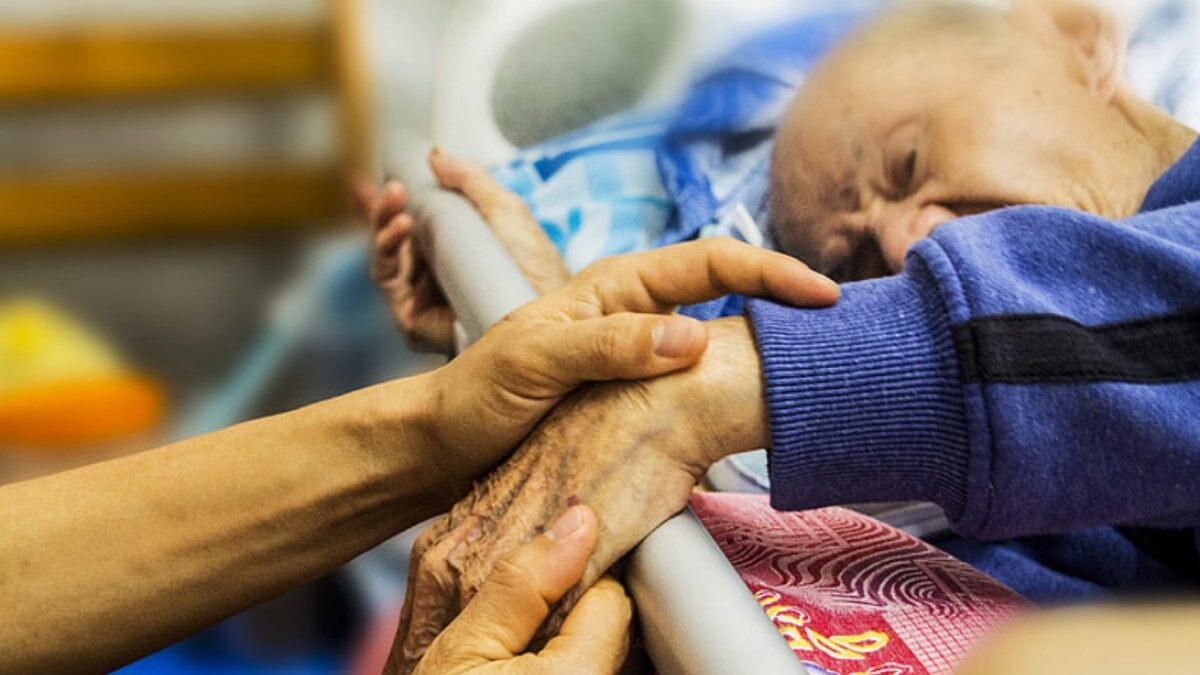
Contradicting popular stereotypes, a major report suggests millennials are looking for more in their love lives than hookups. We’ve spent countless dollars promoting “safe sex” among young people, but have we been promoting safe relationships? Young people don’t think so.
Harvard School of Graduate Education researchers discovered, after surveying more than 3,000 young adults, that 84 percent of 18- to 25-year-old respondents preferred other options like going on a date over casual sex. More than 70 percent of respondents wished they received more guidance about romantic relationships from their parents; 65 percent wanted this type of advice from school.
Take this striking comment from one of the teenage participants in the study: “All we are taught is how to prevent stuff, how not to get pregnant. We should be discussing the values that should guide you in love and how to really love and respect someone else. And how to be loved by someone else. That’s a lot more important.” It’s clear that “The Talk” needs to be about more than just sex.
The researchers conclude in the executive summary of the report that “we as a society are failing to prepare young people for perhaps the most important thing they will do in life—learn how to love and develop caring, healthy romantic relationships.” Divorce, substance abuse, domestic violence, and marital conflict are listed as a few of many life-changing consequences that can follow from poor or no relationship guidance.
How to Give Young People the Guidance They Need
We know from separate surveys that the vast majority of millennials want to be married someday. So the question is: What do we do about the failure to give the guidance they want and deserve? We need a better story about love. We need to know what people have learned from their relationship successes and failures. We need to believe that we can have lifelong love.
Richard Weissbourd, the lead author of the study, told ABC News: “One thing young people want guidance about are (sic), what are the markers of a healthy relationship? What do they look like? When do I know when I’m in a toxic relationship, or a relationship that’s going to be harmful in some way? They really want guidance on these kind of topics from parents and educators.”
The researchers rightly encourage parents and educators to provide advice, but is that a realistic option for many millennials? Many are the products of the very broken homes the researchers hope they will avoid. When personal guidance is lacking, the report raises the concern that millennials fill the void by turning to a mass media that perpetuates harmful myths and misconceptions about romantic relationships.
Marriage is associated with better outcomes for men and women’s personal and economic well-being, so the current troubling situation takes on a new level of complexity when you consider that more millennials identify as working class than any previous generation in the United States has. A bad relationship could mean the difference between climbing the socioeconomic ladder and losing one’s footing. Research indicates that those who are already struggling are less likely to get married than their wealthier peers, a situation widely considered to be contributing to the growth in income inequality.
Introduce Millennials to People Who Are Doing It
The Harvard study is more evidence that millennials increasingly need a model for relationships that reflects their dreams and the realities they are facing. At I Believe in Love, where I am managing editor, we feature true stories about people finding real love because we believe in nurturing a healthy marriage culture for everyone. The experiences our millennial writers share continue to show our readers that it’s possible to find love that fulfills, no matter your background.
There’s Britt, a single mom who thought casual sex was what she was looking for but is now working for the committed relationship she really wants. There’s Victoria, who married young because she wants to make her way through life with the man she loves. There’s Adam, who sees his marriage as a way to share lasting love that inspires others. Through their journey, they are showing their peers what it actually takes to build a strong and long-lasting relationship. Like the Harvard researchers suggest, we are sharing both our relationship successes and failures because we know these provide valuable insight into love and sex.
These individual stories, along with the data backing them up, expose the media myths about romance. We are filling in the void by developing a virtual community devoted to the marriage, family, and dating culture millennials are seeking. We are replacing fantasy with a narrative drawn from reality. And we are finding that love rooted in reality is what we’ve been looking for after all.
Millennials clearly recognize that what they are typically told or not told about relationships isn’t helping them find the happiness they seek. We know being open and honest about our experiences, both good and bad, is part of nurturing a healthier marriage culture for all. Whether it’s virtual or in person, let’s keep that conversation going. We’ve learned to talk about sex, so let’s learn how to talk about love we can believe in.









